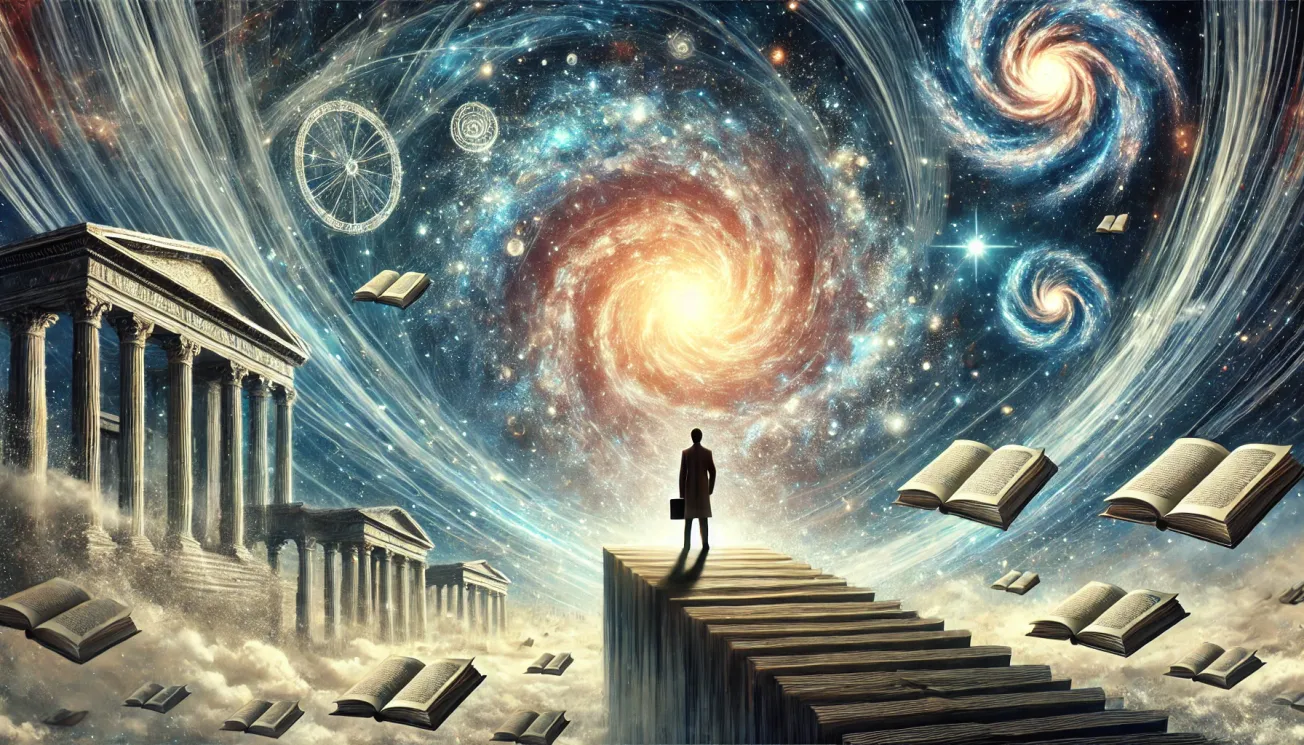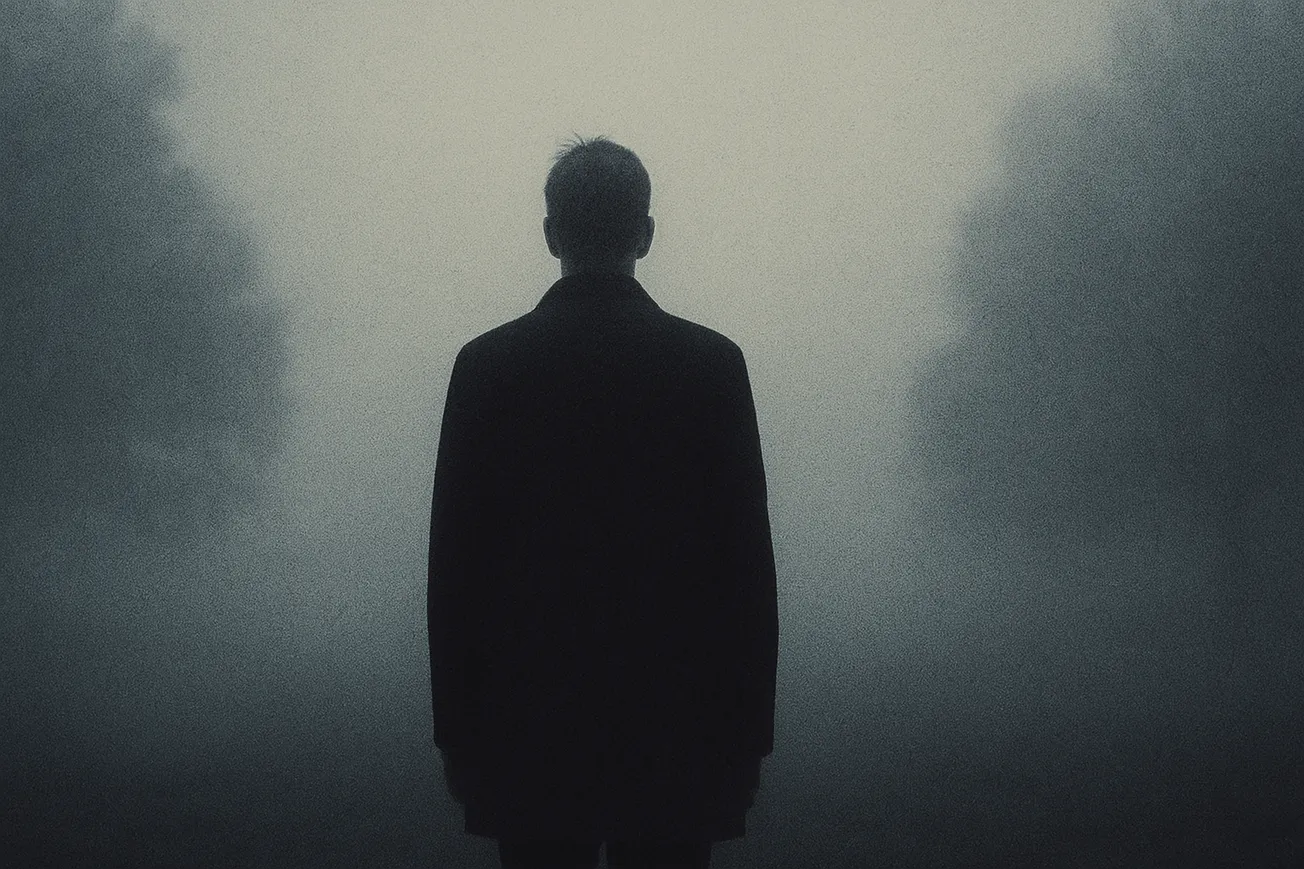The Hidden Drive Behind Everything We Do
Have you ever wondered why humans are so obsessed with creating, achieving, and leaving a mark? Why we build towering monuments, write books, chase fame, or even strive to raise successful children? Beneath all our ambitions and desires lies a deep, often unspoken truth: We are all, in some way, engaged in an immortality project.
The concept of life as an "immortality project" was popularized by cultural anthropologist Ernest Becker in his Pulitzer Prize-winning book The Denial of Death. He argued that much of human civilization is built upon the fear of mortality and the subconscious drive to transcend it. But what does this mean for us personally, and how can we channel this awareness into a more meaningful life?
The Many Forms of Immortality Projects
Immortality projects come in many forms, from artistic masterpieces to scientific breakthroughs, from religious devotion to the pursuit of social justice. Here are some of the most common ways people seek to live beyond their years:
1. Creative Legacy
Writers, artists, musicians, and filmmakers strive to leave a lasting imprint through their work. Shakespeare, Van Gogh, and Beethoven may have long since passed, but their spirits live on through their creations.
2. Familial and Genetic Legacy
Many people seek immortality through their children and grandchildren, hoping their values, stories, and bloodline will carry forward.
3. Philosophical and Religious Immortality
Religions offer a form of literal immortality—whether through reincarnation, an afterlife, or enlightenment. People devote their lives to spiritual pursuits in hopes of transcending death.
4. Scientific and Technological Progress
Inventors, scientists, and engineers push the boundaries of human knowledge, ensuring their names are etched into history through discoveries that shape the future.
5. Social and Political Change
Leaders, activists, and revolutionaries fight to create lasting change. Think of Martin Luther King Jr., Gandhi, or Malala—individuals whose actions ripple across generations.
The Double-Edged Sword of Seeking Immortality
While immortality projects can be powerful motivators for personal growth and societal progress, they also come with dangers:
🔹 Ego-Driven Attachments – Some become obsessed with fame, power, or control, losing touch with what truly matters.
🔹 Fear of Being Forgotten – The pressure to “leave a mark” can lead to anxiety, perfectionism, or even despair.
🔹 Hollow Pursuits – If driven purely by fear rather than love, immortality projects can feel empty, no matter how successful they are.
So, how do we engage in meaningful legacy-building while staying grounded in the present?
Creating a Legacy That Feels Authentic
The key is not to escape death, but to embrace life in a way that makes an impact—without attachment to the outcome. Here’s how:
✔ Shift from Ego to Service – Instead of chasing personal recognition, focus on how your work benefits others.
✔ Prioritize Love Over Fear – Let passion, curiosity, and joy guide your pursuits rather than the fear of being forgotten.
✔ Live Fully Now – The most profound legacy isn’t just what we leave behind, but how deeply we engage with life today.
As the poet Rainer Maria Rilke said, “The only way to truly live is to accept death.” Once we acknowledge our mortality, we become free to create, love, and build—not out of fear, but out of an authentic desire to contribute to the world.
Final Thought: What’s Your Immortality Project?
Whether you’re a writer, a teacher, an entrepreneur, or simply someone striving to be a good friend, your life is already an immortality project in the making. The question is: What kind of legacy do you want to leave?
Now over to you: What’s something you’re working on that will outlive you? Drop a comment and let’s talk about it!






